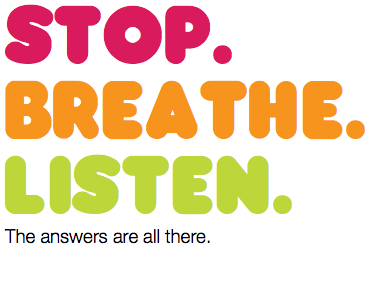I wanted to take a moment today and tell a story about a fellow I worked with a few years back. I was on a monster of a project. Nine parallel software releases. Multiple counterparties, each with no less than fifty software interfaces. Old equipment prone to mechanical failure. Daily transactions in the millions. Software solely designed to address hardware malfunction. I joined the project because I thought I knew complex. Turned out I knew nothing—I may as well have fallen off the turnip truck the day before, I was in so far over my head.
I was handed a 4000 line project schedule (yes, 4000 lines), where most of the tasks started and ended on the same day because there were no estimates. I was told to go and deal.
After I mutely accepted the schedule, and waded through line after line of technical jargon I’d never seen before, I went for a cigarette and stood in stunned silence. Next to the ashtray was the man who would become my lifeline. We’ll call him Dave.
Dave was not a good communicator. He stammered a lot, and couldn’t stay on topic if his life depended on it. He spoke very slowly and mumbled; making a point was very hard for him. I, and all the other project managers at the site were under tremendous pressure to make silk out of this sow’s ear of a project and Dave spoke at such a snail’s pace, most of management had no time for him.
But the project team did. It turned out Dave knew more about the project subject matter than any of the hundreds of other people on the project. The developers turned to him for technical help and guidance. Despite his communication shortcomings, his reason for being there was plain to see for anyone who bothered to look.
My colleagues and managers told me that Dave was too slow for me to work with, and they recommended others for me to collect information from. These others spoke quickly, but their knowledge in many areas was incomplete. The time it took me to run from person to person to build a picture was slowing me down, and management pressure was fierce.
Desperate, I went to my desk to get away from everyone, and there was Dave, picking at a dead plant I’d neglected to water.
I asked him why he was so calm, and he told me he was on “I don’t care pills” for his blood pressure. He asked why I was so stressed, and I told him about a particularly troubling aspect of the project that nobody had an answer for. He replied with an instant solution.
I blinked at him, and asked why he didn’t come forward with that information before. He replied, “nobody asked, and nobody seems to want to talk to me.” I asked him if he could give me two days, to wade through the project schedule in detail and explain the whole thing to me, from beginning to end.
He did. It took four days instead of two. I have to say those days were frustrating at times, trying to hold Dave on point, and keep him focused, answering my questions. He tried to veer off topic so many times I thought we’d never get through all the material. But we did get through it. Between my questions and his answers, not only did we complete the picture, but we identified a ton of risk areas and contingencies that nobody else on the project had even thought of.
We were the only team to deliver a workable project plan to the program, and between Dave and I, we executed the plan exactly as we said, the only team to deliver our portion on time.
Had I listened to the other managers who were too busy to deal with a man with communication difficulties, I never would have found my most trusted advisor. As tempting as it can be sometimes to blow past the slower folks, periodically slowing yourself down to a crawl can let you discover things everyone else overlooks.

